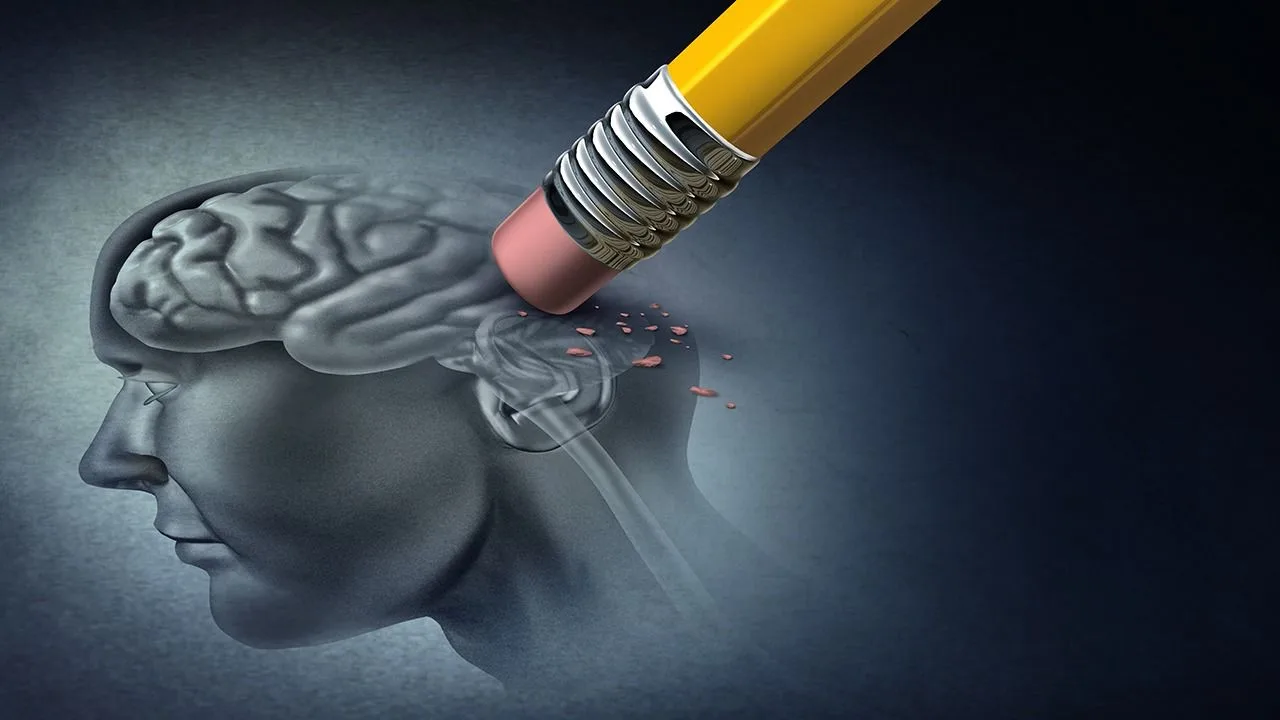Women are from Venus and men are from Mars. We often laugh about the difference between the two sexes. However, we should point out that these differences may be placing an extra burden on the brain health of women. In fact, it appears that women are at a higher risk for neurological diseases.
Are Women’s Brains More Vulnerable To Disease?
What does the research say?
- About two-thirds of people diagnosed with Alzheimer’s Disease dementia are women and the lifetime risk of dementia is greater for women.
- Women are two to three times more likely than men to battle migraines.
- When it comes to anxiety disorders, women are twice as likely as men to be diagnosed.
- Women are three times more likely to develop brain-related autoimmune disorders like multiple sclerosis.
How does estrogen affect the brain?
Estrogen plays a vital role in the healthy functioning of the female body. In regards to brain health, estrogen also helps to keep the brain healthy,
“We know that estrogen encourages the formation of new connections between brain cells, which makes the brain more resilient and adaptable,” says Lisa Mosconi, Ph.D., director of the Women’s Brain Initiative and author of The XX Brain: The Groundbreaking Science Empowering Women to Maximize Cognitive Health and Prevent Alzheimer’s Disease, “It’s also a neuroprotective hormone that actually shields brain cells from harm.”
Unfortunately, the hormonal changes that women experience can cause changes in brain chemistry.
“If you consider estrogen as fuel for the brain rather than just for making babies, the magnitude of this dip in estrogen around menopause becomes a lot clearer,” says Mosconi.
Mosconi also adds that changing hormones in the female brain also accelerates the aging process. This then weakens neurons and makes our brains more vulnerable to age and disease.
Forget me not
According to a study published in PloS one and conducted by Mosconi, the proteins associated with the development of Alzheimer’s disease (amyloid plaques) were already accumulating in the brains of women as they transitioned to menopause.

Lightspring/Shutterstock
The study also fond that the women showed no evidence of cognitive decline. However, there was shrinkage found in the memory centers of their brains.
“We know that Alzheimer’s disease can take about 20 years to develop prior to a diagnosis and that the average age of an Alzheimer’s diagnosis is about 72 to 75,” says neuroscientist Roberta Diaz Brinton, Ph.D., “It doesn’t take a rocket scientist to do the math and see that when you subtract 20 from that average age of an Alzheimer’s diagnosis, you run into the average age of menopause, which is 51.”
Having said that, some research does suggest that combating these hormonal changes may work in your favor. The study, published in Menopause, found that taking estrogen therapy within the first five years of menopause might protect against cognitive decline. The study also revealed that women exposed longer to natural estrogen would have better cognitive function later in life.
A throbbing headache
There’s actually a simple reason as to why women experience more headaches when compared to men. After all, if they had to think about it, they usually experience these headaches just before a hormonal shift.
Estrogen helps to regulate brain chemicals that can influence the sensation of pain. As such, a drop in estrogen is likely to cause a migraine.
“In childhood, migraines are more prevalent in boys. But once the influence of estrogen begins, that’s when the prevalence starts to rise in females,” explains Charulatha P. Nagar, MD, Northwestern Medical Neurologist.
The gender stress gap
A study published in Geriatric Psychiatry examined 909 brain scans (337 were male, 572 were female). According to the findings, chronic stress led to brain shrinkage and reduced memory performance. These changes were more severe in women.
“In the face of chronic stress, men’s brains seem to be able to adapt to the stressor in a way that allows them to function at a new set point,” explains Jessica Caldwell, Ph.D., a neuropsychologist and the director of the Women’s Alzheimer’s Movement Prevention Center at Cleveland Clinic, “Women’s brains don’t do this, and when stress is chronic and our bodies are telling our brains that we’re continuously in fight-or-flight mode, it’s really bad for the hippocampus, which is responsible for memory.”
Why so anxious?
In addition to sexist structural and institutional hurdles, hormonal fluctuations may also play a role.
How can women protect their brains?
There are a few easy ways that women can keep their brains strong and healthy. These include:
- Eating brain food: A study found that the MIND diet can help improve brain health and reduce the risk for dementia. Foods featured in the MIND diet include leafy green vegetables, berries, nuts, and seeds as well as olive oil, fish, and beans.
- Staying active: Even if you’re not a big fan of exercise, simple movement (such as doing household chores) has been found to improve brain health (1).
- Sleep well: This might be harder for women to do as women are twice as likely to have insomnia. Here’s how you can improve your sleep habits.
- Staying clear of harmful substances: This includes legal ones such as alcohol and cigarettes.
- Keeping calm: Granted this is a little hard to do, especially with the pandemic and sexist structures still existing. However, it is possible.
Try to reduce your stress levels by delegating household chores and child rearing to the other parent in the house. You can also take up yoga, meditation, journaling, and even gardening to help relax you.

References
Bacigalupe, A., Cabezas, A., Bueno, M. B., & Martín, U. (2020). El género como determinante de la salud mental y su medicalización. Informe SESPAS 2020 [Gender as a determinant of mental health and its medicalization. SESPAS Report 2020]. Gaceta sanitaria, 34 Suppl 1, 61–67. https://doi.org/10.1016/j.gaceta.2020.06.013
Buchman, A. S., Yu, L., Wilson, R. S., Lim, A., et al. (2019). Physical activity, common brain pathologies, and cognition in community-dwelling older adults. Neurology, 92(8), e811–e822. https://doi.org/10.1212/WNL.0000000000006954
Hosking, D. E., Eramudugolla, R., Cherbuin, N., & Anstey, K. J. (2019). MIND not Mediterranean diet related to 12-year incidence of cognitive impairment in an Australian longitudinal cohort study. Alzheimer’s & dementia : the journal of the Alzheimer’s Association, 15(4), 581–589. https://doi.org/10.1016/j.jalz.2018.12.011
La, Y. K., Choi, Y. H., Chu, M. K., Nam, J. M., Choi, Y. C., & Kim, W. J. (2020). Gender differences influence over insomnia in Korean population: A cross-sectional study. PloS one, 15(1), e0227190. https://doi.org/10.1371/journal.pone.0227190
Matyi, J. M., Rattinger, G. B., Schwartz, S., Buhusi, M., & Tschanz, J. T. (2019). Lifetime estrogen exposure and cognition in late life: the Cache County Study. Menopause (New York, N.Y.), 26(12), 1366–1374. https://doi.org/10.1097/GME.0000000000001405







![women [longevity live]](https://longevitylive.com/wp-content/uploads/2020/01/photo-of-women-walking-down-the-street-1116984-100x100.jpg)









